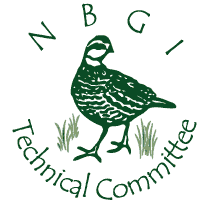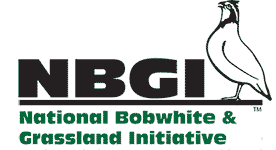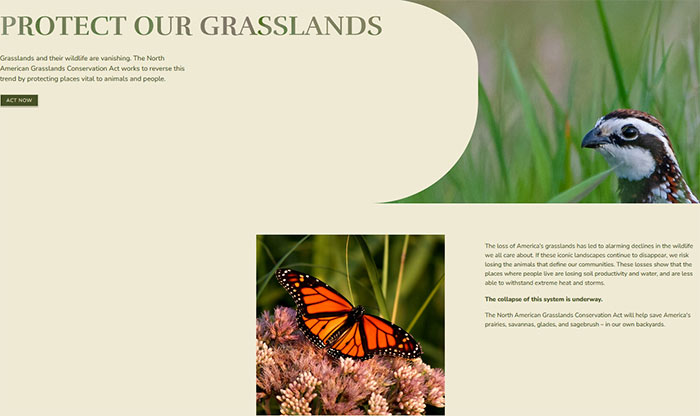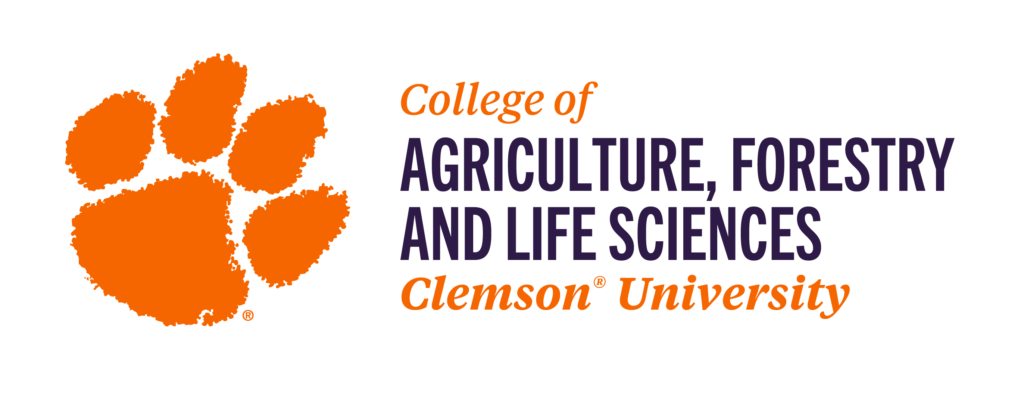Aprill 11, 2024 – Grassland habitat and their associated wildlife species have been declining for decades. Today, the Cornell Lab or Ornithology released a new mapping tool that demonstrates the extent of these losses from 1992 to present. On average, our nation is losing 2.5 million acres of grasslands annually.
“The Map for Grasslands is a call to action for state fish and wildlife agencies, producers, private landowners, and conservation organizations to come together to restore these important habitats and species before further losses warrant reducing hunting opportunities or increasing regulatory measures,” said John Morgan, the Executive Director of the National Bobwhite & Grassland Initiative. “The Northern bobwhite has declined by 81% over the last 50 years like many other species that are associated with the Northern bobwhite and grasslands. The Map for Grasslands demonstrates just how dire the situation is, but by working together we can restore grasslands and the Northern bobwhite.”
We thank the Cornell Lab of Ornithology and the Center for Conservation Media for developing this stunning conservation mapping tool that demonstrates what the NBGI and its state fish and wildlife agency members have witnessed for decades – the drastic decline of our nation’s grassland habitats and their associated wildlife.
“The 15 grassland species highlighted in the Map for Grasslands, including the Northern bobwhite, are in peril, but this mapping tool provides us the opportunity to work should-to-shoulder with working lands and producers on mutually beneficial objectives to voluntarily restore grassland habitat that will assist declining populations of Northern bobwhite and other grassland wildlife species while benefiting grazing and grass-based agricultural operations,” said Jef Hodges, Assistant Director for the National Bobwhite and Grassland Initiative. “By working together, we also can help restore important ecological processes that provide important societal benefits such as clean water, aquifer and groundwater recharge, extended growing and grazing seasons, clean air, and carbon sequestration.”
The NBGI looks forward to working with producers on mutually beneficial conservation outcomes for grassland associated wildlife and with the coalition on the North American Grasslands Conservation Act.
Press Release Contact: Jen Mock, NBGIF National Policy Liaison, jenmockschaeffer@outlook.com
